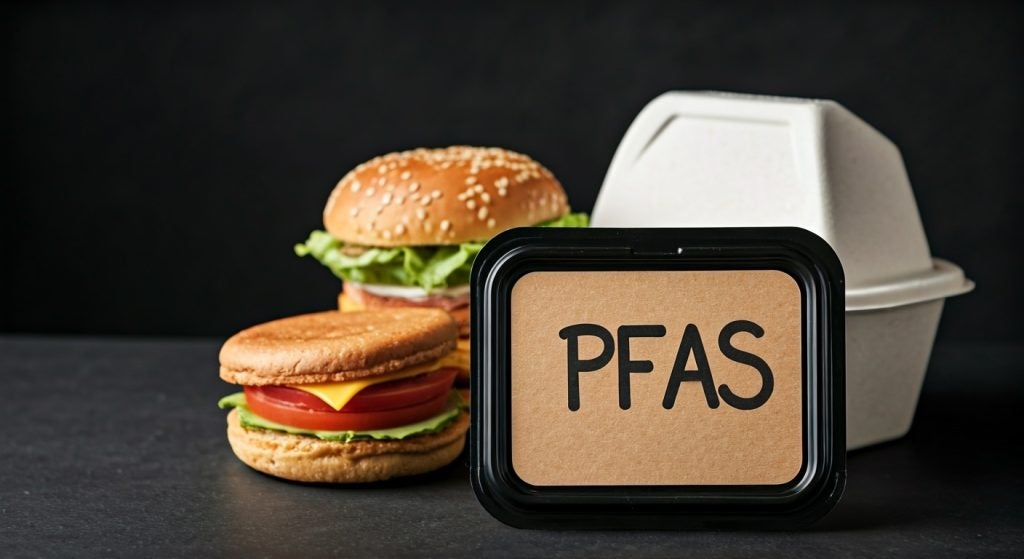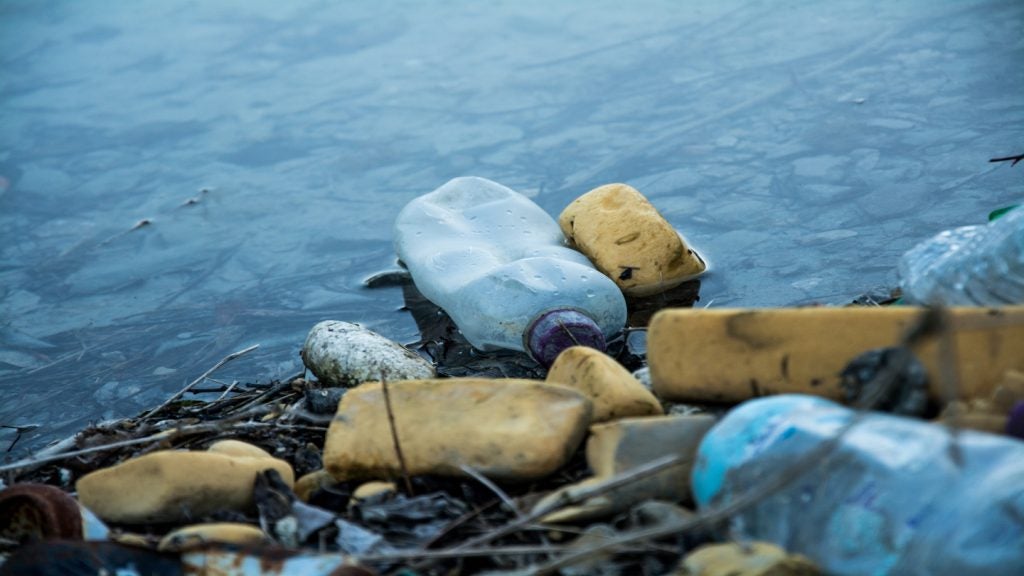California lawmakers have approved two new bills aimed at reducing environmental and public health risks from PFAS chemicals (often dubbed “forever chemicals”) and microplastics.
The legislation now heads to Governor Gavin Newsom for possible signature.
Key measures in the PFAS legislation (SB 682)
- Scope of the Ban: SB 682, introduced by Sen. Ben Allen, would prohibit the sale or distribution of many consumer goods containing intentionally added PFAS starting from 2028.
- Affected Products: The ban would cover food packaging, cookware, dental floss, cleaning products, ski wax, and certain juvenile items. Cookware bans come into effect later—by 2030.
- Exemptions & Definitions: “Intentionally added PFAS” is carefully defined in the legislation. Also, previously used products and certain products whose PFAS are in inaccessible electronic or mechanical components may be exempt. LegiScan+1
- Rationale & Support: Advocates point to PFAS’s persistence in the environment, their ability to migrate into foods and water, and their health risks—including immune, developmental, and possibly carcinogenic effects. Environmental groups like the Environmental Working Group, NRDC, and Clean Water Action are among supporters.
- Opposition and Concerns: Some industry stakeholders have raised issues around compliance costs, the availability of PFAS alternatives, and clarity on regulatory and testing burdens.
Expanding the microbeads ban: AB 823
- What’s Changing: AB 823, led by Assemblymember Tasha Boerner (D-Encinitas), would extend existing microbead bans to cover non-rinse-off personal care and cleaning products by January 1, 2029. It would also ban plastic glitter in personal care products starting January 1, 2030.
- Background: A prior law already banned plastic microbeads in rinse-off personal care items (like scrubs, toothpaste) in California. However, leave-on cosmetics (e.g. lotions, makeup) and cleaning supplies weren’t covered until now. AB 823 fills that gap.
- Environmental & Health Justification: Supporters cite growing evidence that microplastics are found throughout ecosystems—and even human bodies—and that microbeads, because of their tiny size, are difficult to filter out in wastewater treatment, impacting water quality and wildlife.
- Support & Legislative Path: The bill passed unanimously (in one chamber) with bipartisan support. Various nonprofit environmental and waste-reduction organisations have backed the bill.
Implications & what comes next
- Governor’s Decision: Both SB 682 and AB 823 are awaiting Gov. Newsom’s signature. If approved, enforcement will roll out in phases according to the product category (e.g. 2028, 2029, 2030).
- Industry Impact: Manufacturer reformulation, supply chain changes, and labeling or compliance documentation (certificates of compliance) will be required. Companies producing cookware, packaging, and cleaning or cosmetic products must plan for transition.
- Precedent-setting: Particularly with regard to leave-on cosmetics and cleaning supplies, California may become the first state to fully ban plastic microbeads in these categories. The PFAS ban also extends beyond earlier laws (such as those limiting PFAS only in plant fiber-based packaging) to cover a much broader range of products.












